
Your dollar isn’t worth the same today as yesterday, and tomorrow will differ again. While currency fluctuations might seem random, they respond to specific triggers that economists track closely. These market movers create ripple effects across the global economy. Therefore, understanding the signals makes financial movements easier to forecast. Here are the 10 core influences behind currency rises and falls.
Interest Rate Differentials
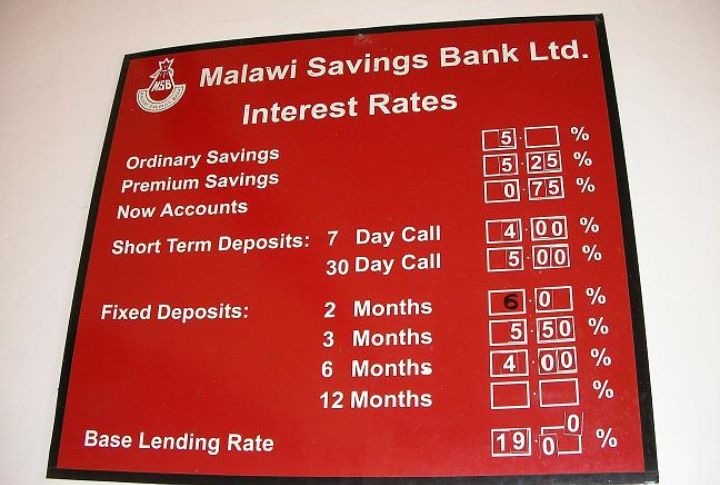
Interest rate differences impact currency values by attracting foreign investment. Higher rates offer better returns, which increases demand for that currency. For instance, the U.S. dollar strengthened in 2022 after the Federal Reserve rate hikes. Additionally, central banks like the European Central Bank and the Bank of Japan influence these rates, shaping currency movements worldwide.
Political Stability And Governance
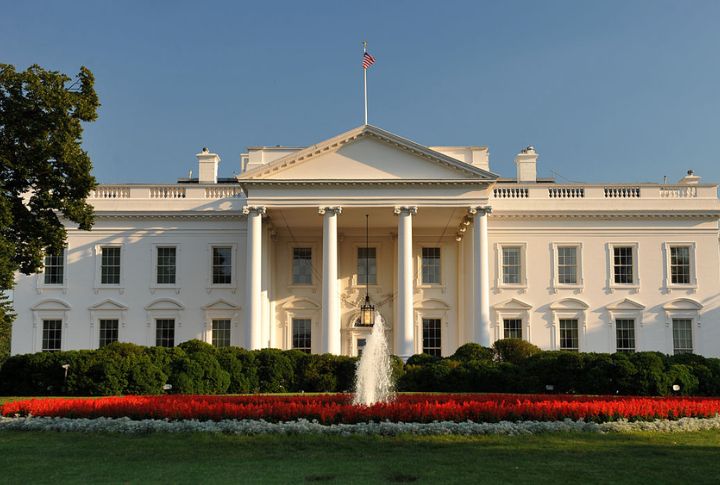
News of a stable or unstable government can quickly move currency values. Strong leadership draws investors, which increases demand for the currency. However, instability reduces confidence and causes currencies to weaken. This happened when the pound dropped after Brexit and Venezuela’s bolivar collapsed amid turmoil. In crises, traders turn to safe havens like the Swiss franc.
Current Account Balance

Watch a country’s trade balance—it says a lot about its currency. A surplus strengthens the currency by reflecting strong exports. China’s renminbi gained value after years of such surpluses, and Germany benefits similarly within the eurozone. In contrast, persistent U.S. trade deficits have weakened the dollar, highlighting economic reliance.
Inflation Levels
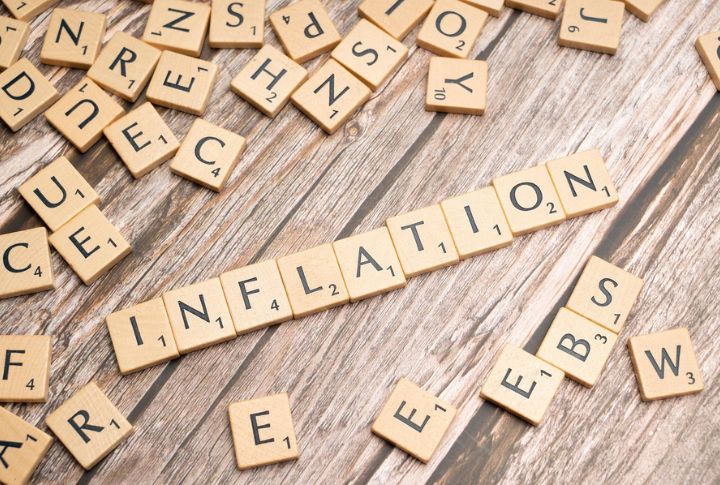
Low inflation keeps currencies strong since purchasing power remains high. Take Japan’s yen, which remained steady during years of deflation. In contrast, Zimbabwe’s hyperinflation caused severe currency devaluation and led the government to issue a 100 trillion dollar banknote.
Public Debt Levels

Public debt strongly influences currency value. High debt often raises concerns about inflation and credit downgrades, as seen in Greece’s crisis. On the other hand, Japan’s yen stays strong due to investor confidence in its policies and debt management. Generally, markets prefer countries that keep debt low and manage it carefully.
Speculation And Market Sentiment
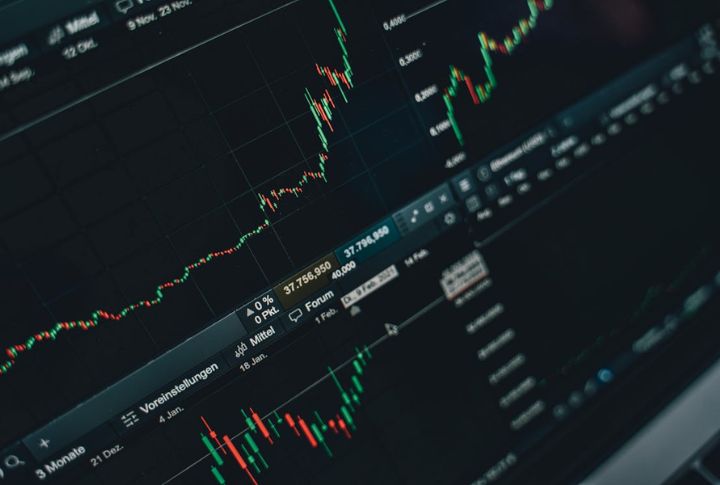
Short-term exchange rates usually respond strongly to market speculation and sentiment. When traders expect a currency to strengthen, their demand can push its value higher, even if fundamentals don’t justify it. A clear example occurred in 2015, when the Swiss franc surged after the euro peg ended. These moves come from herd behavior.
Commodity Prices And Export Dependence
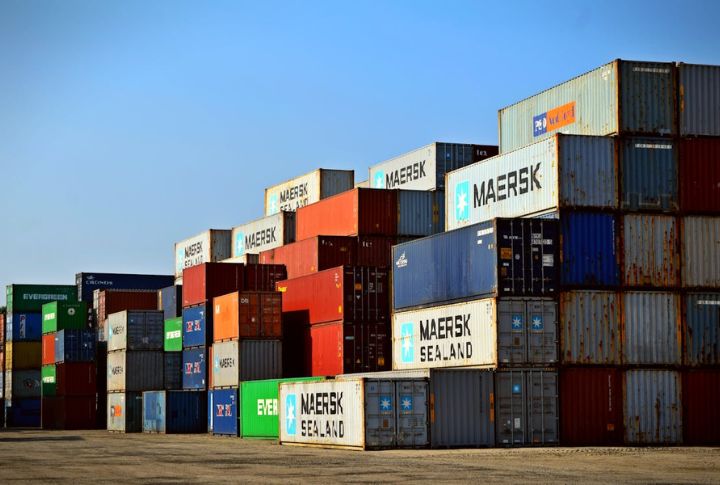
Changes in commodity prices have a strong effect on currencies linked to exports. Canada’s dollar usually rises alongside oil prices, while Norway’s krone gains value during crude oil surges. Similarly, Australia’s AUD depends heavily on iron ore and coal prices. When global demand for these commodities falls, trade balances shrink.
Global Economic Growth Rates

The pace of economic growth in different countries strongly affects currency strength. Faster-growing economies attract more investment and increase demand for their currency. Conversely, slower growth can reduce confidence and weaken currency value. Investors watch GDP growth closely to gauge long-term currency potential.
Geopolitical Events And Conflicts

Wars and regional tensions push investors to avoid risk, leading local currencies to weaken while safe-haven currencies attract more demand. This pattern showed clearly during the Russia-Ukraine conflict as the ruble collapsed sharply before recovering. Forex markets react within minutes to geopolitical news.
Relative Strength Of Other Currencies

No currency rises or falls alone; each moves in relation to others. The dollar may strengthen because the euro weakens, as well as shifts in the yuan, sending ripples through Asia’s trade. Even emerging markets that grow locally can struggle under a strong dollar. In forex, one’s gain always matches another’s loss.
